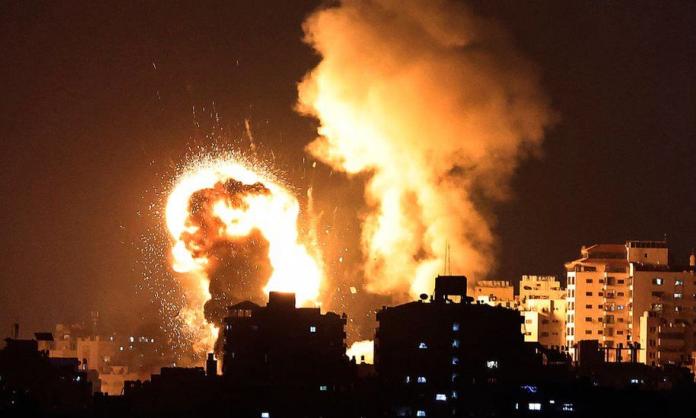Weeks of tensions between Palestinian protesters and Israeli security forces in East Jerusalem have boiled over in recent days, unleashing some of the worst violence between Israel and the Palestinians in years.
Israeli airstrikes in Gaza have left 30 Palestinians dead, including ten children, with Israeli Prime Minister Benjamin Netanyahu promising not to ease up anytime soon. Palestinians militants, meanwhile, have launched hundreds of missiles into Israel, killing three people.
Ostensibly, the rocket launches by Hamas were a response to Israeli police storming the al-Aqsa mosque compound in East Jerusalem on Laylat al-Qadr, the Night of Power, one of the holiest nights of the year for Muslims. The incident injured hundreds over the weekend.
Hamas then issued an ultimatum demanding Israeli forces withdraw from the compound — the third holiest site in Islam, part of which comprises the Wailing Wall — by a specific deadline. When Israel refused, Hamas’s military wing followed through on its threat by firing rockets toward Jerusalem, forcing Israeli lawmakers to flee parliament.
Beyond the mosque confrontation, though, there are broader historical and political factors at work.
Monday’s airstrikes fell on Jerusalem Day, when Israeli Jews celebrate the “reunification” of Jerusalem following the Six Day War of 1967. As the ongoing unrest demonstrates, the city is far from unified.
Read the article in the UQ News.

